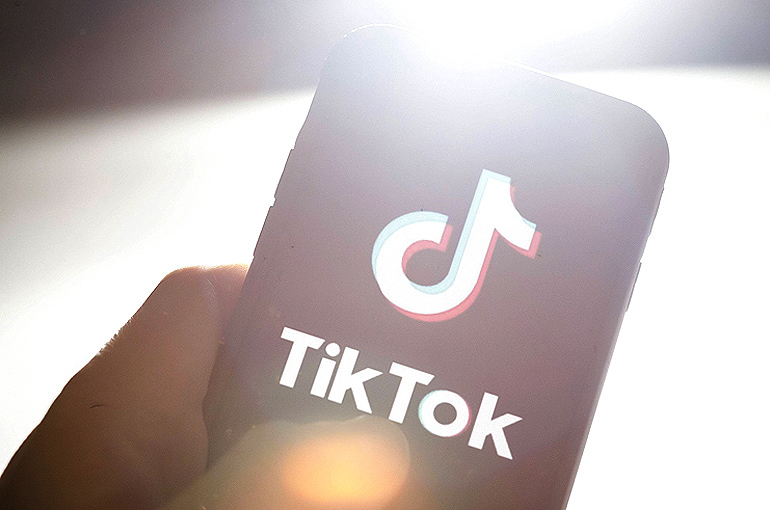 ByteDance to Appeal US Court Ruling Upholding TikTok Ban, Insiders Say
ByteDance to Appeal US Court Ruling Upholding TikTok Ban, Insiders Say(Yicai) Dec. 9 -- ByteDance will continue to appeal the decision by the US Federal Court of Appeals to throw out a lawsuit filed by the Chinese tech giant in May and uphold a law, rolled out in April, to force ByteDance to sell its short-video platform TikTok’s US business due to purported national securities concerns, company insiders told Yicai.
On Dec. 6, the US Federal Court of Appeals for the District of Columbia Circuit rejected a lawsuit filed by ByteDance against the US Federal Government over the Protecting Americans From Foreign Adversary Controlled Applications Act which was signed into law by President Joe Biden on April 24. The act specifically mentions TikTok, requiring ByteDance to divest of the platform’s US operations within nine months or face a full ban in the US.
ByteDance slammed the act as ‘unconstitutional’ at the time and filed a lawsuit in the Federal Court on May 7 declaring that outlawing an app used by 170 million US citizens to share their opinions and to communicate violates the First Amendment.
Banning TikTok is so obviously unconstitutional that not even the bill's sponsors describe it as a ban, but merely as a regulation of TikTok's ownership, Beijing-based ByteDance said in the lawsuit. It asked the court to rule that the Protecting Americans From Foreign Adversary Controlled Applications Act is unconstitutional and to block the enforcement of the law.
"Unfortunately, the TikTok ban was conceived and pushed through based upon inaccurate, flawed and hypothetical information, resulting in outright censorship of the American people. The TikTok ban, unless stopped, will silence the voices of over 170 million Americans here in the US and around the world on Jan. 19, 2025," said company spokesperson Michael Hughes.
The TikTok ban should be heavily scrutinized, but the government’s failure to meet this criterion and the lack of clarity about its purpose and motivation make it difficult to determine whether the act meets constitutional standards, said Andrew Pincus, a lawyer representing TikTok and ByteDance.
In reality, ByteDance said it had no choice at all, and the "qualified divestiture" conditions required by the bill were impossible to realize commercially, technically and legally. The embargo not only deprives firms of their right to equal protection, but will also lead to the illegal seizure of companies’ private property.
The US government's motivation is based on "indeterminate future risks" and regulators have not come anywhere near satisfying strict scrutiny, Pincus said. TikTok conducts content review in the US and its recommendation algorithms comply with US laws.
Editor: Kim Taylor